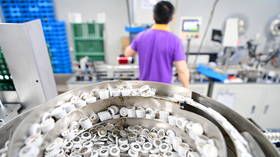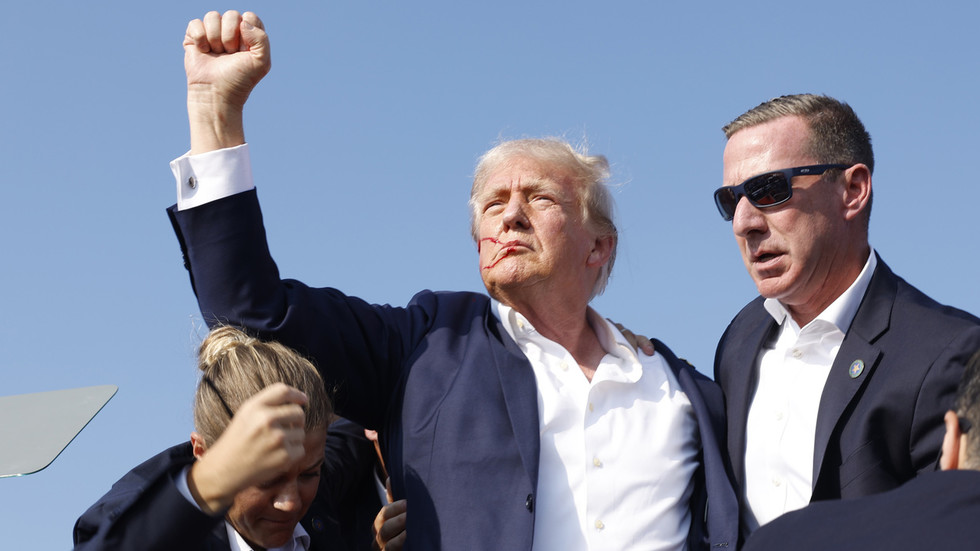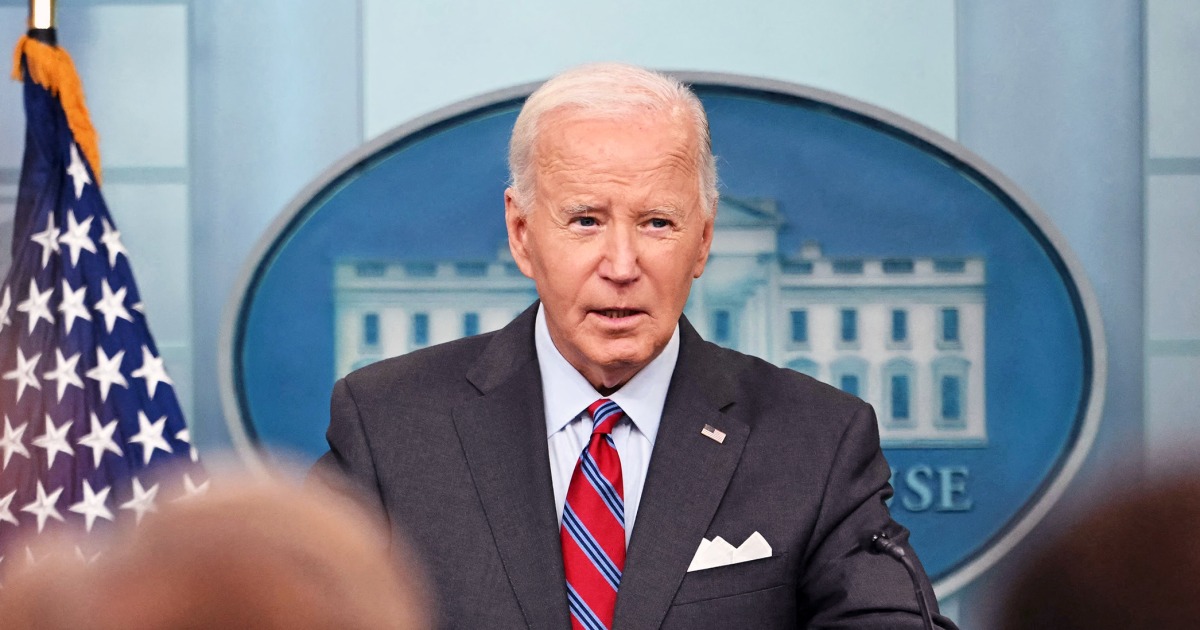New Delhi and Washington are seeking to reduce their dependence on China, which dominates the lithium supply chain
India and the US have signed an agreement to “expand and diversify” critical supply chains for lithium, cobalt and other critical minerals, New Delhi announced on Friday.
Both countries are seeking to overcome their reliance on China, which dominates the global supply of lithium, a mineral essential for electric vehicle manufacture and the clean energy economy.
The pact, signed on Thursday by Indian Commerce Minister Piyush Goyal, who is visiting Washington this week, and his US counterpart Gina Raimondo, will “leverage complementary strengths to ensure greater resilience in the critical minerals sector.”
The two countries are focusing on “identifying equipment, services, policies, and best practices” to explore, extract, process, and refine critical minerals.”
According to Reuters, Goyal described the partnership as multi-dimensional, encompassing open supply chains for materials, technology development, and investment flows to promote green energy. He noted that the US and India will need to engage with third countries, including mineral-rich nations in Africa and South America.
India has been exploring ways to boost lithium production, both domestically and in third countries. New Delhi is particularly looking to Africa to meet its mineral demands, especially Zambia, Namibia, the Democratic Republic of Congo (DRC), Ghana, and Mozambique. Several African nations have approached the Indian government, offering access to their resources in exchange for repayment of part of their development loans.
Earlier this year, India signed a pact with Argentina for the exploration and development of five lithium deposits. In June, media reports said the state-run company Coal India was exploring lithium blocks in Argentina in collaboration with a US firm, via the US-led Minerals Security Partnership (MSP), which New Delhi joined in 2023.
China currently controls nearly 70% of the global lithium supply, and larger shares of cobalt, graphite, and manganese – other minerals vital for green technology. India recently discovered lithium reserves in Jharkhand, Rajasthan, and Jammu and Kashmir, but does not yet produce lithium domestically, relying entirely on imports.
Demand for the mineral is soaring in India as it seeks to expand its electric vehicle market, which is projected to grow from $3.21 billion in 2022 to $113.99 billion by 2029. In September, New Delhi unveiled a $1.3 billion PM E-DRIVE scheme to incentivize the adoption of electric cars and two-wheelers.
.png)
 2 hours ago
1
2 hours ago
1










 English (US) ·
English (US) ·